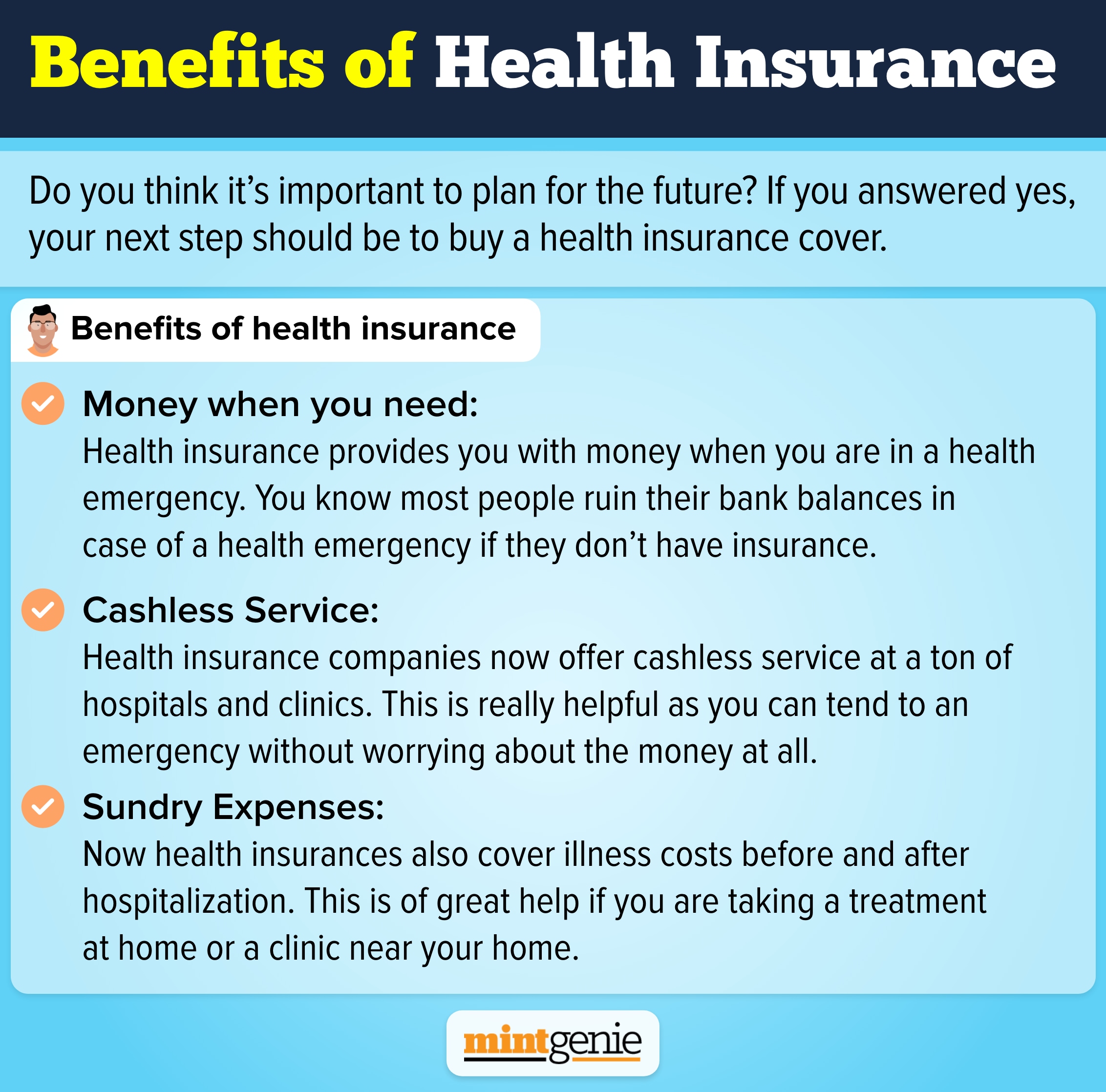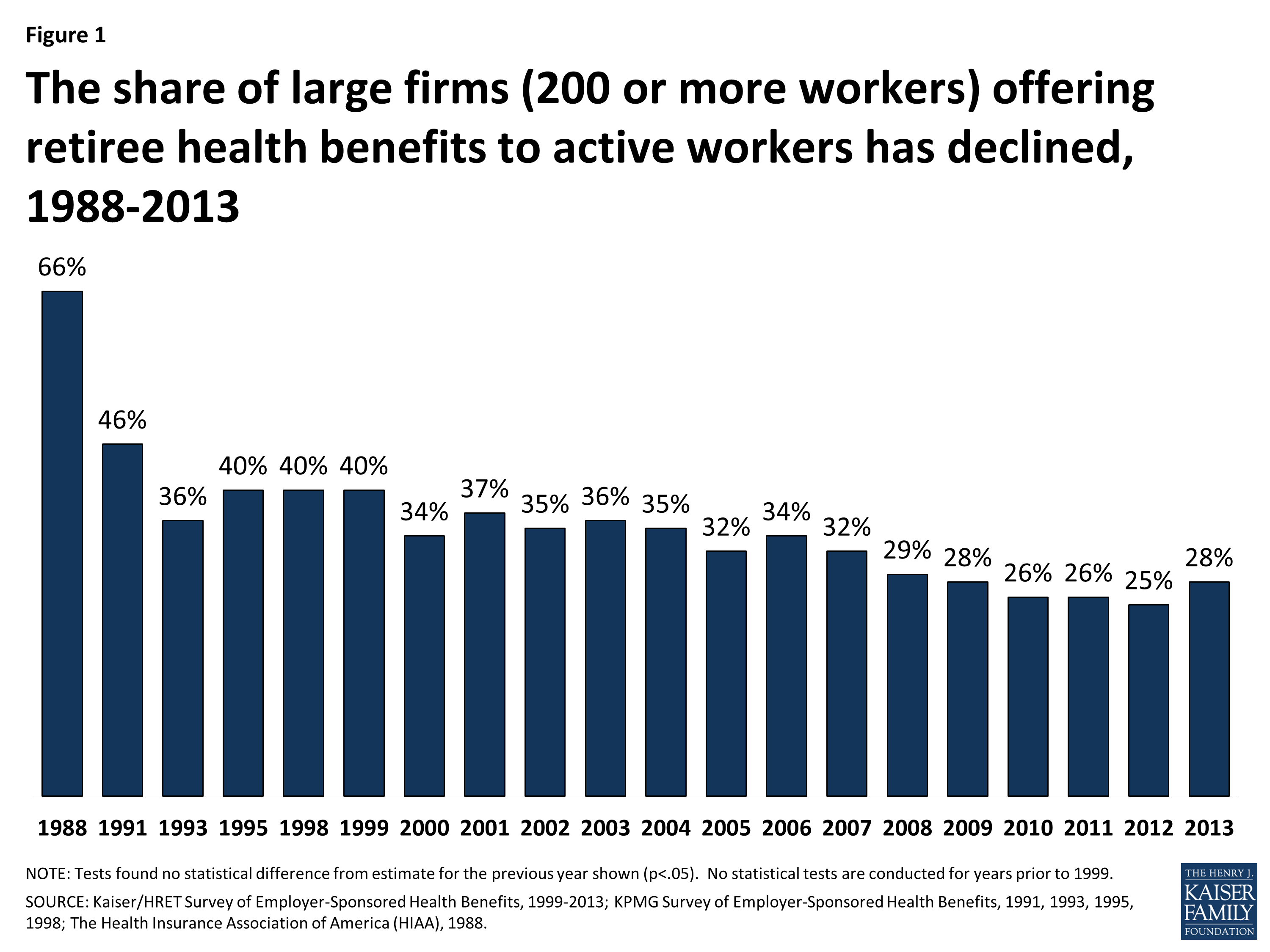The Definitive Guide for Medicare Advantage Agent
The Definitive Guide for Medicare Advantage Agent
Blog Article
The 15-Second Trick For Medicare Advantage Agent
Table of ContentsThe Medicare Advantage Agent IdeasMedicare Advantage Agent - The FactsSome Known Facts About Medicare Advantage Agent.

adheres to from perplexing the fairly young age profile of the uninsured with the far better wellness, usually, of younger persons. This covers the web link between health standing and health and wellness insurance coverage. For those without accessibility to workplace medical insurance, poor wellness is a possible obstacle to purchasing nongroup insurance coverage because such insurance coverage may be highly valued, omit preexisting problems, or be simply unavailable. The number of without insurance Americans is not specifically large and has not transformed in current years. 7 out of 10 participants in an across the country representative study assumed that fewer Americans did not have health insurance coverage than in fact do(Fronstin, 1998). About fifty percent(47 percent )believed that the variety of people without medical insurance lowered or stayed continuous over the last half of the last years(Blendon et al., 1999). This decrease of virtually 2 million in the number of people 'without insurance coverage (a decrease
of around 4 percent)is certainly a favorable change. With a softer economic situation in 2000 the most recent reported gains in insurance policy coverage may not proceed(Fronstin, 2001 ). The decline in the variety of without insurance will certainly not continue if the economic situation continues to be slow-moving and healthcare costs remain to outmatch inflation. This is because the information were collected for a period of solid economic performance. Of the estimated 42 million people that were uninsured, all but regarding 420,000(concerning 1 percent)were under 65 years old, the age at which most Americans become eligible this for Medicare; 32 million were adults in between ages 18 and 65, about 19 percent of all grownups in this age; and 10 million were children under 18 years old, about 13.9 percent of all children (Mills, 2000). These estimates of the number of persons without insurance are produced from the yearly March Supplement to the Current Population Survey (CPS), carried out by the Demographics Bureau. Unless otherwise kept in mind, national price quotes of individuals without medical insurance and percentages of the populace with various sort of protection are based upon the CPS, one of the most commonly utilized resource of price quotes of insurance policy coverage and uninsurance prices. These studies and the quotes they yield are defined briefly in Table B. 1 in Appendix B - Medicare Advantage Agent. These surveys differ in dimension and tasting methods, the inquiries that are asked about insurance
The 10-Minute Rule for Medicare Advantage Agent
protection, and the moment period over which insurance policy coverage or uninsurance is gauged(Lewis et al., 1998, Fronstin, 2000a ). Still, the CPS is especially useful due to the fact that it creates yearly estimates reasonably promptly, reporting the previous year's insurance policy protection estimates each September, and due to the fact that it is the basis for a constant collection of estimates for more than twenty years, permitting for evaluation of patterns in protection over time.

The Greatest Guide To Medicare Advantage Agent
The relationship between wellness insurance and access to care is well established, as recorded later on in this chapter. The partnership between health and wellness insurance coverage and health outcomes is neither direct nor basic, a comprehensive professional and health services study literary works web links health insurance protection
to improved access accessibility care, better much betterHigh quality and improved enhanced individual population populace wellnessCondition The 2nd record, on individual wellness outcomes for without insurance adults, is stood for by the inner circle of the number, while the 3rd report, on family well-being, encompasses the topics of Related Site the 2nd record yet emphasizes a different system of evaluation, specifically, the family.
The independent and straight result of wellness
insurance coverage on access to health wellness solutions well establishedDeveloped For still others, wellness insurance policy alone does not ensure invoice of care due to the fact that of various other nonfinancial barriers, such as a lack of health and wellness care companies in their neighborhood, limited access to transport, illiteracy, or linguistic and social differences. Discover More Here A modification in insurance coverage premium or terms, as well as changes in income, wellness, marriage status, terms of work, or public plans, can trigger a loss or gain of health insurance policy protection.
Report this page